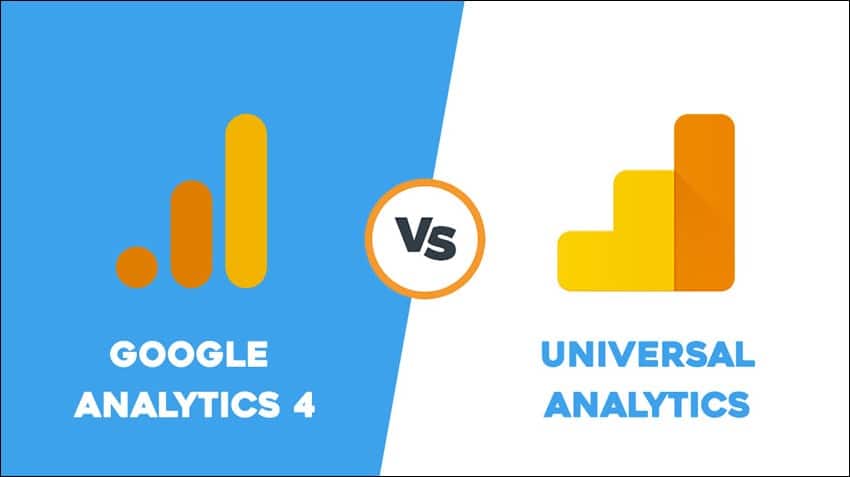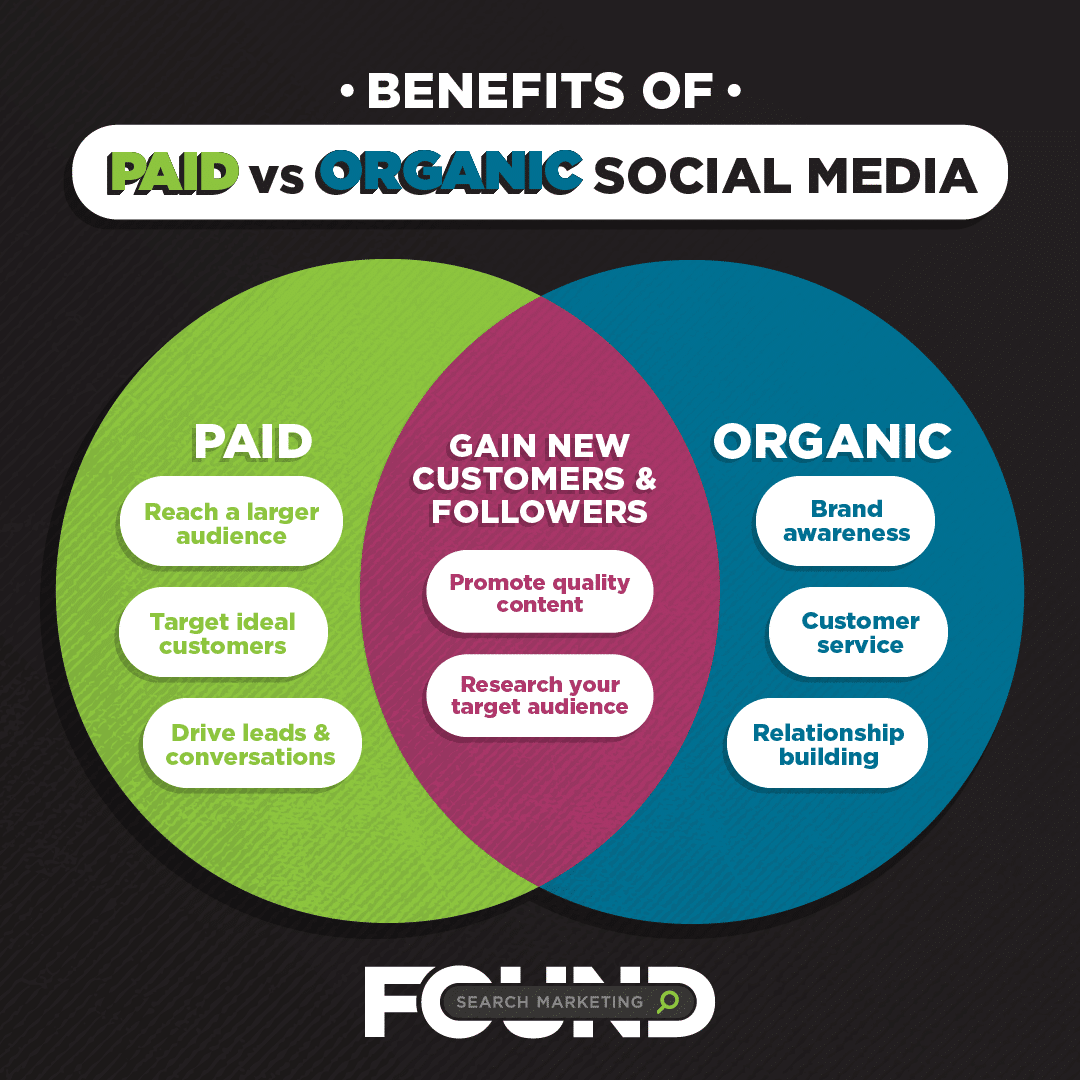8 Reasons You Should Conduct Yearly Google Analytics Audits
Trust the Accuracy of Your Google Analytics Data
One thing that we can all agree upon is that change is the only constant in the digital world. Keeping up to date with product releases, your website, and your user behavior is critical. But things continue to change. Tracking data accurately through these changes is also critical. Whether your organization leverages Google Analytics as the main analytics platform, or you use Google Analytics as a backup to another analytics platform, it is still important to ensure that your analytics data is as clean as possible.
Below, we discuss 8 reasons why it is a good idea to have an expert analytics team audit your current set up and ensure that the data that you are collecting is reliable and accurate on a yearly basis:
1. Site changes throughout the year
 More likely than not, the content on your site changes on a semi-regular basis, if not daily. Smaller content additions may not largely impact the data that is coming in, however, larger site changes or content changes that include new media like embedded video can change what should be collected from an Event standpoint. For instance, long videos that are featured on the site that exceed the default session duration time could be interfering with data cleanliness by artificially inflating session data.
More likely than not, the content on your site changes on a semi-regular basis, if not daily. Smaller content additions may not largely impact the data that is coming in, however, larger site changes or content changes that include new media like embedded video can change what should be collected from an Event standpoint. For instance, long videos that are featured on the site that exceed the default session duration time could be interfering with data cleanliness by artificially inflating session data.
Similarly, the way that the user flows through or navigates the site can also change when there are changes to the navigation or even the hero image on the site. Ensuring that your Analytics is set up correctly to anticipate the potential changes and correctly capture the data point is vital to tracking performance accurately. While this tends to require a more proactive approach than a yearly audit, you can still rely on an audit to point these instances out to ensure that necessary processes are put in place to avoid missing data in the future.
2. Shifts in business strategies
 In today’s dynamic economy, businesses realize the need to be agile and to be able to shift to meet the consumer where they are, sometimes literally. When businesses go from primarily brick-and-mortar interactions to conducting business online, changes are usually needed on the site to continue to drive customers through the funnel. When this happens new features are sometimes required on the site, for example, an online store through which users can purchase gift cards or merchandise.
In today’s dynamic economy, businesses realize the need to be agile and to be able to shift to meet the consumer where they are, sometimes literally. When businesses go from primarily brick-and-mortar interactions to conducting business online, changes are usually needed on the site to continue to drive customers through the funnel. When this happens new features are sometimes required on the site, for example, an online store through which users can purchase gift cards or merchandise.
As a result, these quick shifts that the business needs to make may not be completely accounted for in your Google Analytics measurement plan. Ideally, the new strategies and corresponding KPIs would be reflected in your analytics to ensure that your business is properly measuring the results and determining if it is working or if further improvements or shifts are needed.
3. Added domains or microsites
 Often when organizations launch a new product or run an integrated marketing campaign involving traditional media, new vanity domains or standalone microsites are built with content around the product or service launch. For example, a company may launch a vanity domain that will be featured in a TV spot that redirects to content on the site.
Often when organizations launch a new product or run an integrated marketing campaign involving traditional media, new vanity domains or standalone microsites are built with content around the product or service launch. For example, a company may launch a vanity domain that will be featured in a TV spot that redirects to content on the site.
While these can be a great way to track offline, or maybe have a web experience on a new CMS that allows more functionality than what your core website is on, sometimes these microsites or vanity URLs are utilized for more than one channel. When this happens, if cross-domain tracking is not set up properly between the main domain and the new content, the original source data can be lost, and your Analytics metrics will come through as a referral.
To ensure that you are making the most of your media dollars and properly attributing visits and conversions to their respective channels, it is important that your tracking is set up correctly before the campaign begins.
4. Regulatory compliance
 Two acronyms that I have heard more frequently than most are GDPR and CCPA. Privacy compliance is at the top of most organizations’ minds as users become more and more concerned about how their data is stored and how it is utilized. Ensuring GDPR and CCPA compliance is critical for many large organizations, and can have a tremendous financial impact if they are not followed. An audit can bring to light many issues that should be addressed as they pertain to these regulations.
Two acronyms that I have heard more frequently than most are GDPR and CCPA. Privacy compliance is at the top of most organizations’ minds as users become more and more concerned about how their data is stored and how it is utilized. Ensuring GDPR and CCPA compliance is critical for many large organizations, and can have a tremendous financial impact if they are not followed. An audit can bring to light many issues that should be addressed as they pertain to these regulations.
Similarly, even accidental collection of personally identifiable information (PII) in your Google Analytics account is against Google’s policy and can get your account deleted if it continues to happen. Are user names or emails appearing in your data? It would be in your best interest to ensure that this does not happen, and is something that should be checked regularly.
5. External events
 If you predicted COVID-19 and it’s far reaching effects were going to happen, please give us a call so we can pick your brain for lotto numbers. But in all seriousness, external black swan events like COVID-19 can have a negative impact on your data. For example, if all of your employees are now working from home and there are no filters attached to your reporting Views to exclude internal IP addresses (now external since they are at home), it could be artificially increasing the number of site sessions and decreasing your % New Sessions dramatically.
If you predicted COVID-19 and it’s far reaching effects were going to happen, please give us a call so we can pick your brain for lotto numbers. But in all seriousness, external black swan events like COVID-19 can have a negative impact on your data. For example, if all of your employees are now working from home and there are no filters attached to your reporting Views to exclude internal IP addresses (now external since they are at home), it could be artificially increasing the number of site sessions and decreasing your % New Sessions dramatically.
Ideally, working with an Analytics team ongoing who could course correct these things would be the best option. However, even a yearly audit can help prepare you or your team against things like this if your team is more aware of potential negative impacts of events like this.
6. Internal resources
 One thing that always seems to come up when we first have a discovery call is the internal team. Employee turnover involving key analytics stakeholders, lack of experience, or sheer lack of time with everything else that is going on, are often cited as reasons that they need to engage with an experienced analytics team.
One thing that always seems to come up when we first have a discovery call is the internal team. Employee turnover involving key analytics stakeholders, lack of experience, or sheer lack of time with everything else that is going on, are often cited as reasons that they need to engage with an experienced analytics team.
Since the organization may very well be utilizing this data for critical business decisions, ensuring the cleanliness and accuracy of the data is crucial. If this is a problem for your company or team, reach out and let us know. FoundSM works hard to ensure that we work as an augmentation of your team to ensure best practices are used in your analytics account so you can trust the data for these decisions.
7. Backup Analytics
 Over the years, we have encountered many clients that use one Analytics tool and keep a standard version of Google Analytics on their site. However, given that most attention is paid to the paid platform, if there ever really is a need to switch back to Google Analytics, they often find that since the property has been left unattended over the years, there are gaps in the data or else it was not properly maintained enough to fully trust the data.
Over the years, we have encountered many clients that use one Analytics tool and keep a standard version of Google Analytics on their site. However, given that most attention is paid to the paid platform, if there ever really is a need to switch back to Google Analytics, they often find that since the property has been left unattended over the years, there are gaps in the data or else it was not properly maintained enough to fully trust the data.
Conducting a Google Analytics audit on these properties should still be a priority for the company. If it was meant to be a backup, even the backup needs to be properly maintained. It helps to ensure that things like filters are set up properly and that compliance needs are still met.
8. New feature releases from Google
![]() Google releases updates to the interface and internal reporting features on an ongoing basis. One of the newest releases, however, is Google Analytics App + Web is the biggest change Google has made since Universal Analytics, and the need to migrate is approaching soon. Implementing this newest product is important to ensure your organization can start collecting data in a new property. Being behind, or not engaging with people that specialize in Google Analytics products could result in a last minute implementation if you weren’t aware of this change before the deadlines approach.
Google releases updates to the interface and internal reporting features on an ongoing basis. One of the newest releases, however, is Google Analytics App + Web is the biggest change Google has made since Universal Analytics, and the need to migrate is approaching soon. Implementing this newest product is important to ensure your organization can start collecting data in a new property. Being behind, or not engaging with people that specialize in Google Analytics products could result in a last minute implementation if you weren’t aware of this change before the deadlines approach.
Currently, app data is often captured with Google Analytics for Firebase, while website data is collected through Google Analytics. While this data can be very useful alone, combining the data collection in one set provides the ability to measure data across these platforms without having to manually try to blend this data together. The metrics and dimensions utilized in App + Web are consistent between your app and website, allowing you to leverage the unified data more easily. This new property type also gives advertisers access to many features that were previously only available to 360 customers for free, like BigQuery Exports and the Advanced Analysis reports. In addition to our audit work, FoundSM has also been working with clients to ensure that their new Google Analytics App + Web implementation is done correctly from the start.
Found Search Marketing Advantage
Are you in need of a Google Analytics Audit, or just want to ensure that your data is being collected properly? If so, please reach out and let us know. Our smooth audit process ensures that these questions are answered and that your team has the recommendations to fix them. If you don’t have the knowledge or help internally, fear not, because we engage with our valued clients on an ongoing basis, as well, so that you can have that expertise at the ready.
Contact us, or check out our other analytics services offered.
You May Also Like
These Related Stories

LinkedIn Conversation Ads – What You Need to Know

Google Analytics 4 and Paid Media: What’s Changing?

No Comments Yet
Let us know what you think